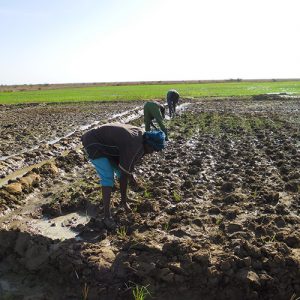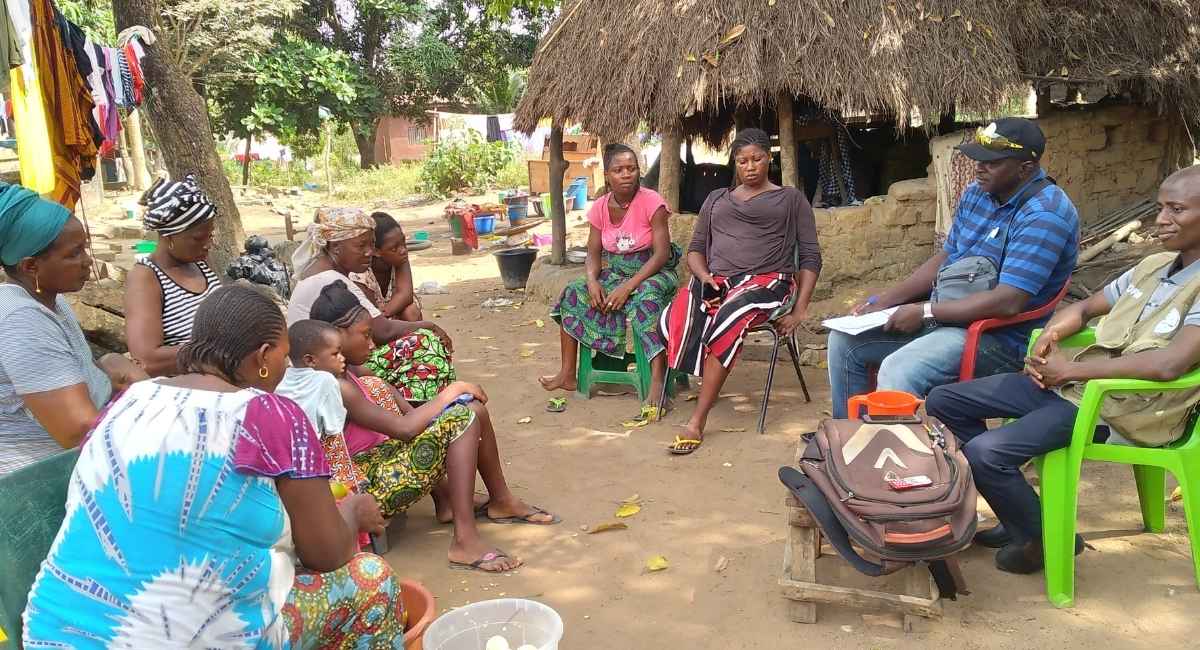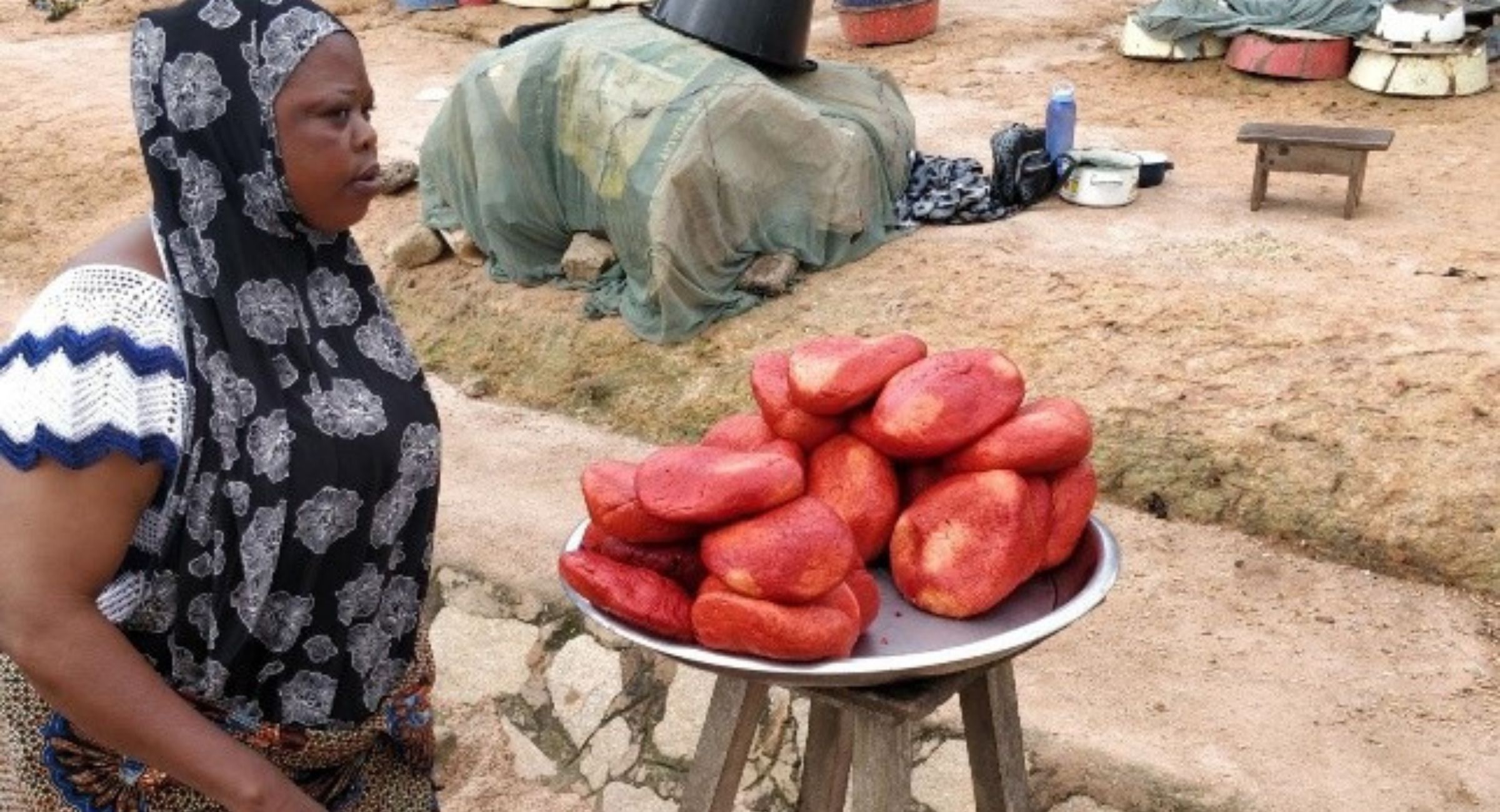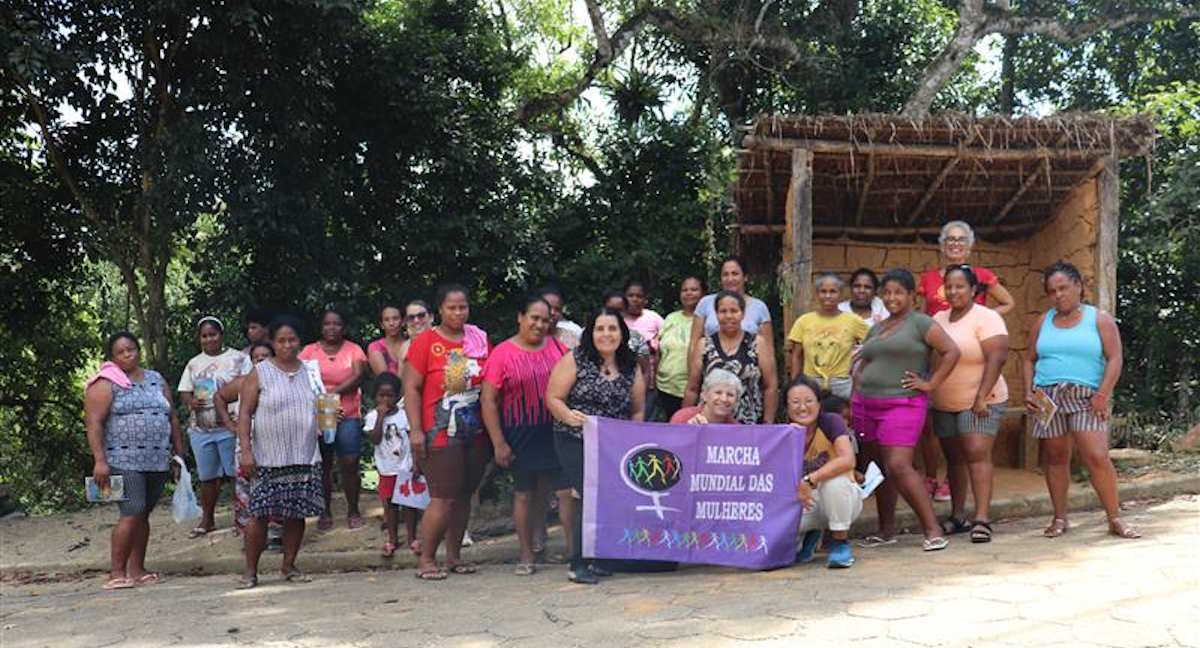A study, has just been conducted by GRET for the Coordination Sud Agriculture and food committee (C2A). This work qualifies the effects of the common agricultural policy (CAP) on farming communities in developing countries.
While discussions with a view to defining a new CAP for 2021-2027 are underway, this study points to three negative phenomena that are partly related to this policy. Whereas, the European Union and France had committed to making their policies consistent with development.
Competition from European Union country exports
According to the study, one of the effects of this new CAP is the competition generated by agricultural and food exports from European Union countries vis-a-vis local products. A negative impact for developing countries, which are marked by dumping practices (sale prices lower than production costs). As an example to illustrate this first effect, the study takes a closer look at powdered milk exports (and substitutes made up of mixtures of skimmed milk and palm oil) and wheat to West African countries.
Expansion of the soya model
Imports of soya from Latin American countries for animal feed also have an impact. In fact, the expansion of the soya model has dramatic effects in terms of deforestation, degradation and contamination of ecosystems, expulsion of farming populations and health.
Furthermore, farmers in developing countries are the main victims of the significant greenhouse gas emissions generated by the European food and agriculture model, which represent a considerable portion of European emissions.
However, the CAP is not the only reason for these negative impacts. Other European policies also contribute to these phenomena (in particular trade and energy policies). But their consequences for farmers in developing countries are indirect. In reality, the consequences of the European food and agriculture system are more direct, and this system is itself largely shaped by the CAP.
How to develop a CAP that is consistent with the SDGs?
A CAP that is consistent with the SDGs should therefore put an end to dumping practices in markets in developing countries. In addition, it would require decreasing and gradually eliminating soya imports and, finally, drastically reducing the European food and agriculture system’s carbon footprint. This would mean replacing the CAP’s current decoupled aid mechanism (grants paid to farmers according to the surface area farmed, independently of the type of farming practised) by grants targeted according to ecological transition objectives for agriculture.
Avoiding production of surpluses
Mechanisms for regulation of agricultural markets are necessary, for example in the case of milk, in order to avoid production of surpluses and decreases in prices. Coordination SUD will be advocating for this among French and European political deciders in the coming months, based on the conclusions and recommendations of the study and the position brief resulting from it.
The study will also be available in English from October. As for the position brief, it will be translated into English and German.





